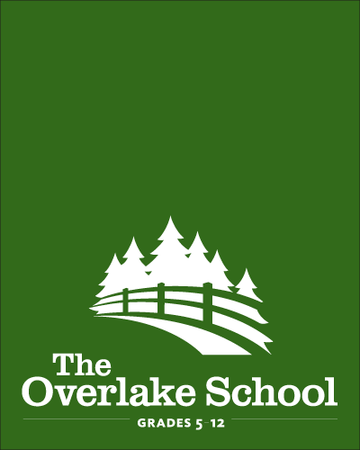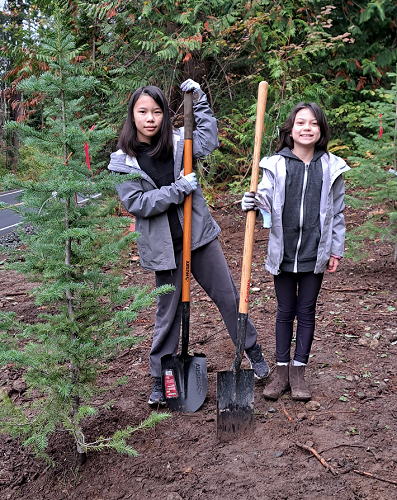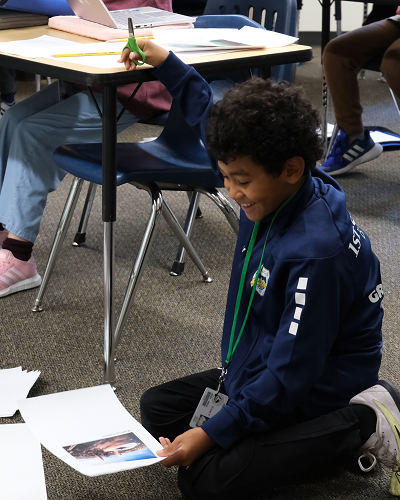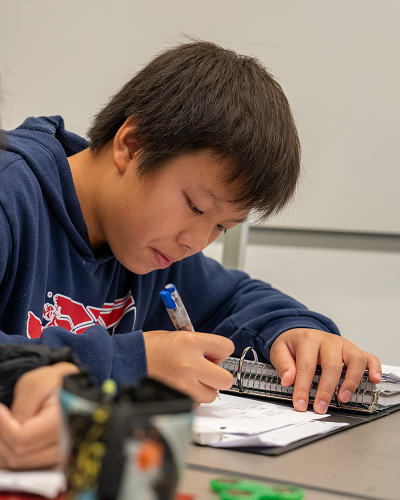Ancient Field Studies

This trip to southern Italy is designed for Latin students who are interested in exploring the ancient sites studied in the series of Latin classes we offer. We consider this a field study experience for our Latin students, focusing on sites in Rome for eight days and then traveling south to Pompeii, Herculaneum, Paestum, Mr. Vesuvius, Capri, and Naples for six more days. The group will leave on Saturday, March 28th and return on Saturday, April 11, 2015.
We expect that this trip will cost each student aproximately $3,900 (at the current rate of Euro exchange, cost of fuel and surcharges, all of which will fluctuate a lot between now and the time we leave), including all travel, hotel, and food expenses. Once the participants are selected we will charge their accounts $1,500 to hold a student’s spot on the trip and cover flight and hotel reservations.
Unfortunately, space is limited. Selecting the students for this trip is extremely difficult. Therefore, applicants for the trip will write an application essay describing why they wish to participate in this program and what they feel they can contribute to the group experience. The deadline for the application is noon on Friday, September 7, 2012.
Due to the time constraints of our school calendar, reservations have already been made for housing in Rome and in southern Italy. As the itinerary is taking shape, several new opportunities have already become available to our students for the 2013 trip, including special permission to the site and museum at Lavinium, where Aeneas built the “new Troy” for the Trojan refugees, a guided tour of Mt. Vesuvius with a volcanologist, who will take the group around and into the crater, and reserved entry to the Casa del Menandro, a well-preserved house in Pompeii and the Suburban Baths, neither of which are open to the general public.
Educational Objectives:
Experiential:
By providing Latin students the opportunity to walk in, touch and be ensconced in all things ancient Roman for two weeks, students grasp the architectural scope of the buildings, the engineering of the structures, and the political clout of a culture that is otherwise very abstract and removed from their daily life, since it dates from 3000 years ago.
Challenge:
The physical, emotional, social, and academic challenges of this trip compel students to grapple with cultural differences, urban demands and risks, and the importance of personal care and responsibility in travelling with a group.
Group Process:
Working as a group collaboratively for six months lays the foundation for a cooperative and committed group, which understands the value of each spoke in order to make the entire wheel run smoothly each day.
Reflection:
Daily journal writing follows each evening’s group meeting as we reflect on the day’s experiences and prepare for the challenges of the next. A final PowerPoint prepared by each student enables each person to focus on the elements of the trip that were personally most meaningful.
Project Week (2024-25)
Mar 24, 2025 - Mar 28, 2025



